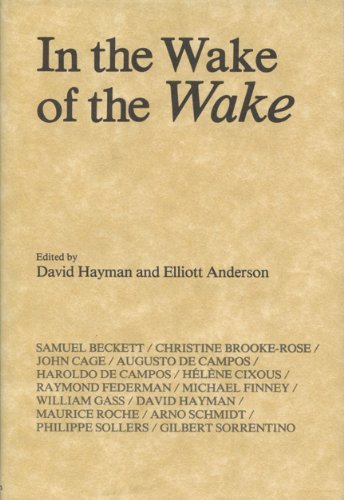What do you think?
Rate this book


Hardcover
First published December 15, 1978
wroth with twone nathandJoe. rotBut it looks better on the page than I’ve done here.
A peck
of pa’s Malt
had jhEm
or Shen entailed at such short notice
the pftJschute
Of finnegan, erse solid man,
that the humptYhillhead of humself
is at the knoCk out
in thE park